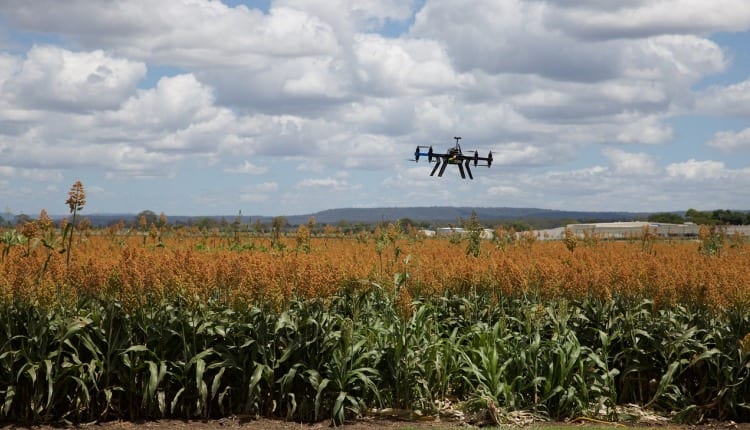Omnivore, a leading agritech venture capital firm, launched its report on The Future of Indian Agriculture and Food Systems: Vision 2030. The report, a bold vision for agritech, explores how new technologies, demographic trends, and climate change will impact Indian agriculture and food systems over the next decade.
The report highlights eight key trends, as detailed below, that will drive the future of agriculture in India, with the critical caveat that climate change could negate this positive direction if not reckoned with:
- Advertisement -
* Precision agriculture and automation creating a “farm of one”
* Biotechnology will produce tastier, more nutritious, and eco-friendly crops
* Farms & farmers will be connected, digitised, and smart
* Farmer-consumer intimacy will improve value for both
- Advertisement -
* Majority of rural jobs will be of higher value and non-agro
* More fresh greens, harvested and delivered, on-demand
* Diversity, quality, and sustainability of food sources will increase
* Food will increasingly (and scientifically) replace medicine
The report points out the need for investment in horticulture, dairy, poultry, aquaculture, and food processing. It anticipates a future with significant advances in farm mechanisation and automation, including farm robots taking over labor intensive tasks and reducing drudgery. The report further notes that India’s agricultural workforce in the future will be smaller, younger, and more gender diverse, and will move towards higher productivity jobs. Beyond encouraging more womenpreneurs, the rural non-farm economy will become actively digitised, stimulating a mass entrepreneurship movement around agricultural technologies.
Another striking trend that the report points out is Khet to Kirana: the increased demand for traceability and transparency in the food supply chain for both the farmer and the consumer. With middle class driving consumption, the growing concern of food hygiene, nutrition, and sustainability will increase awareness about labels and food hygiene. Over 90 per cent of kirana stores across the country will be digitised by 2025 and be linked to modern traceable logistics which will further benefit the transparency of supply chain between the farmer and consumer.
Commenting on the report, Jinesh Shah, Managing Partner, Omnivore said, “India’s agritech sector is witnessing a paradigm shift catalysed by digitisation and rural smartphone penetration. Spearheading this change are agritech startups who are driving a transformation in Indian agriculture towards profitability, resilience, nutrition, and sustainability. Our Vision 2030 report clearly shows that innovation, technology, and agritech entrepreneurship will deliver tremendous growth in the next decade.”
If you have an interesting article / experience / case study to share, please get in touch with us at [email protected]
Advertisement



